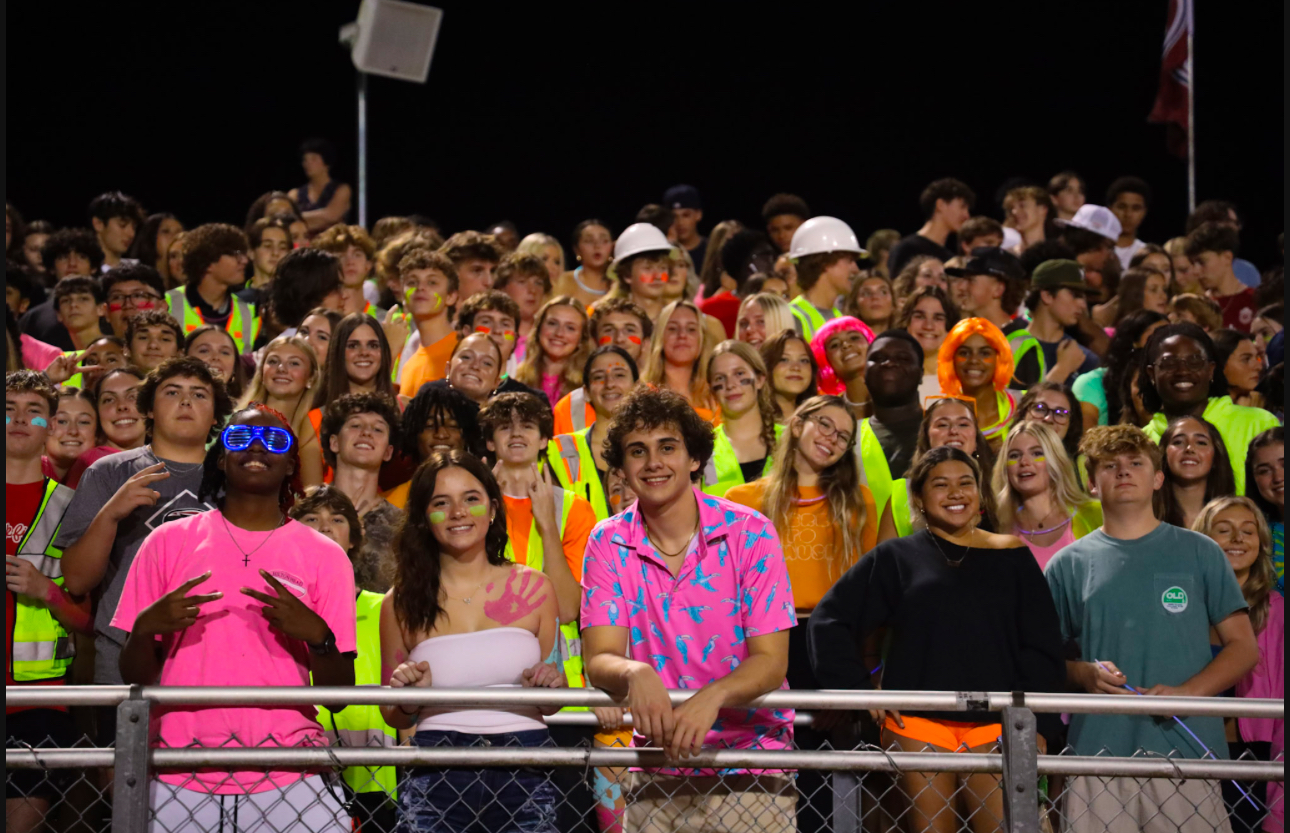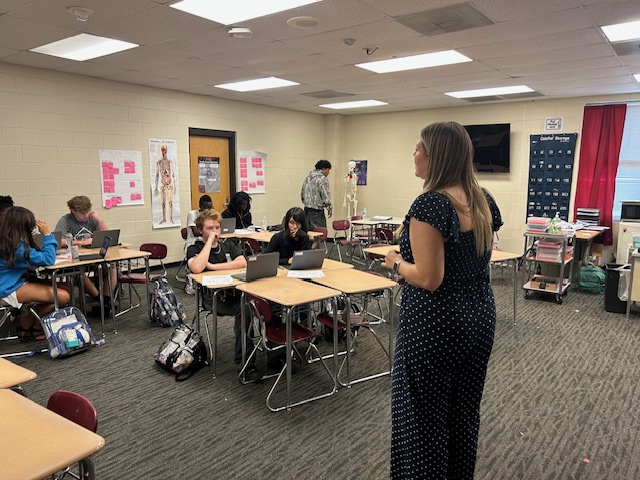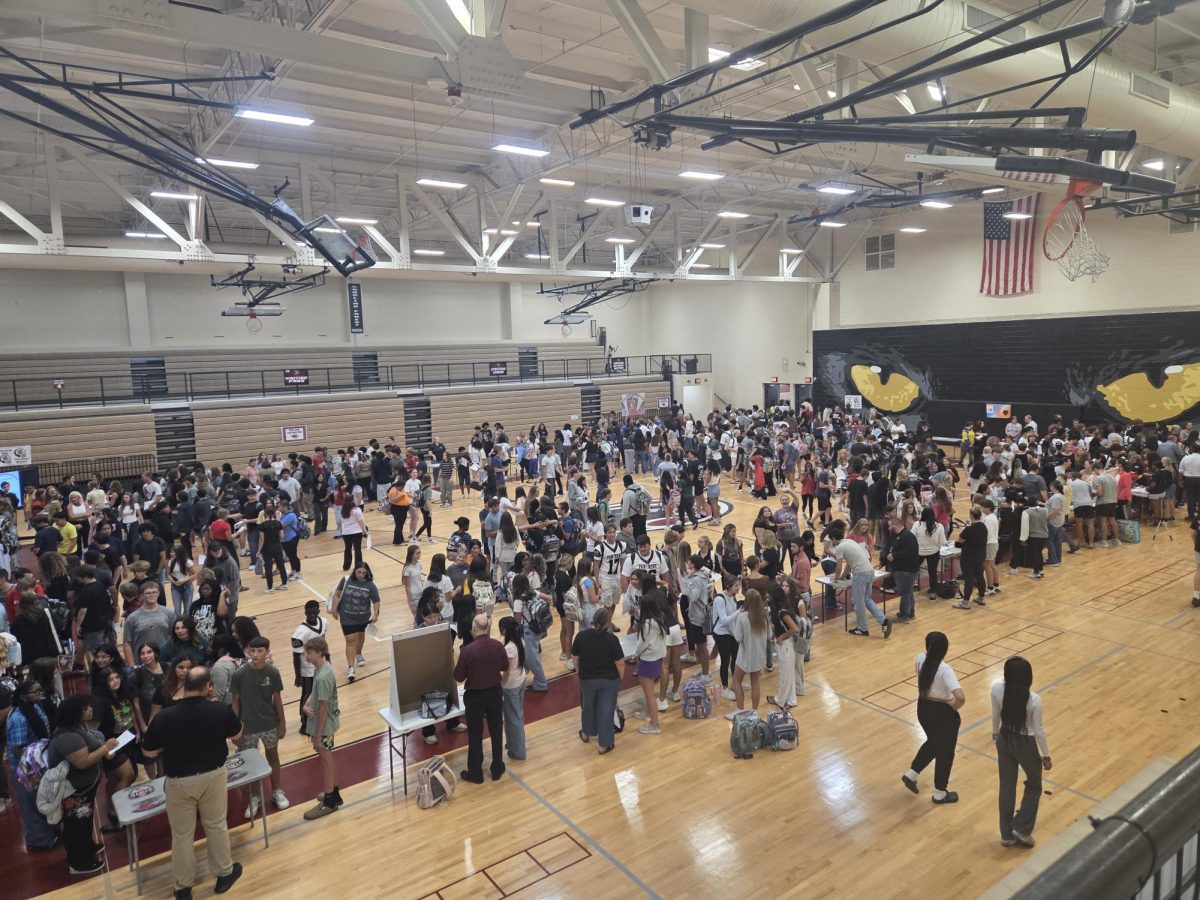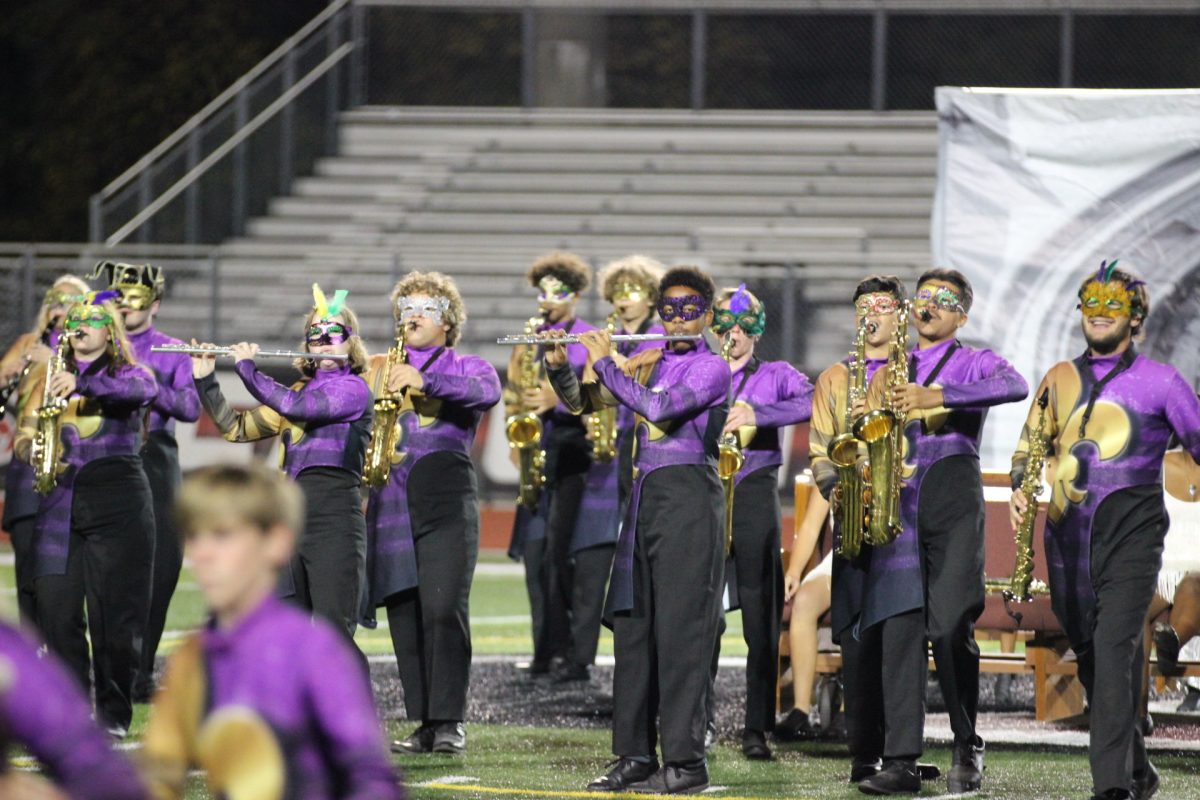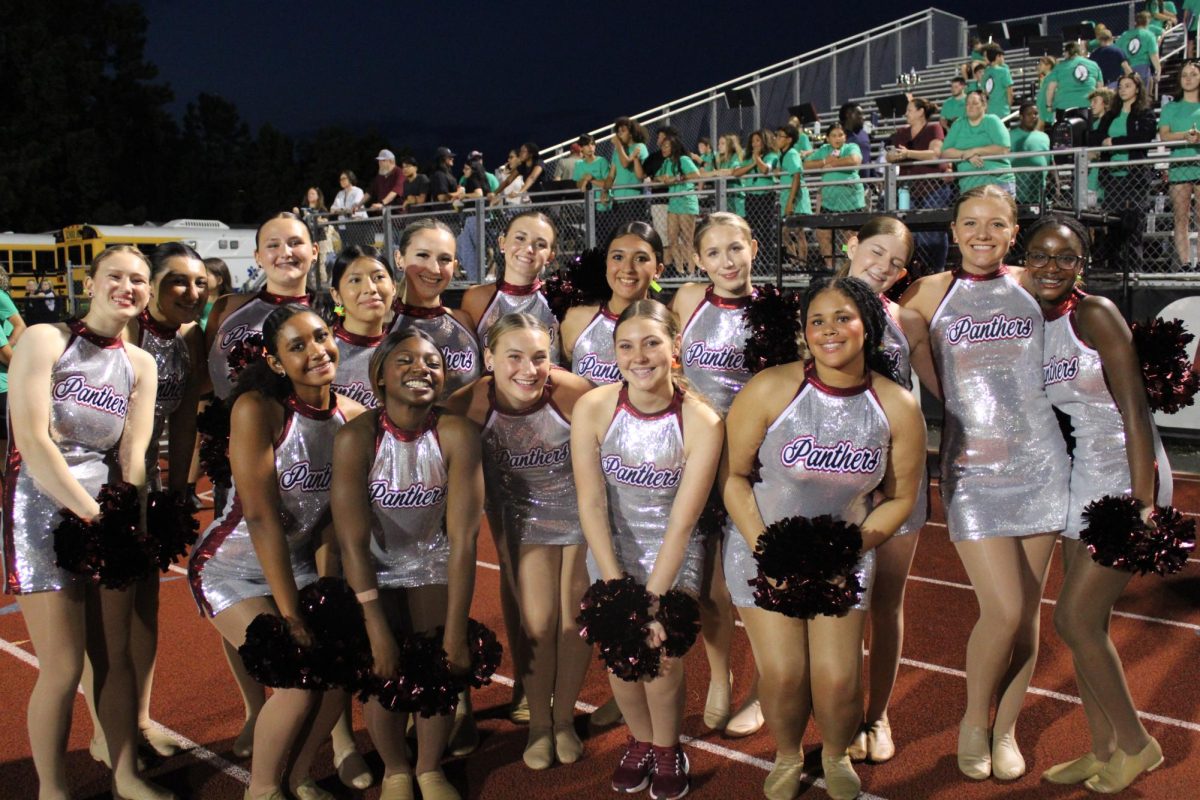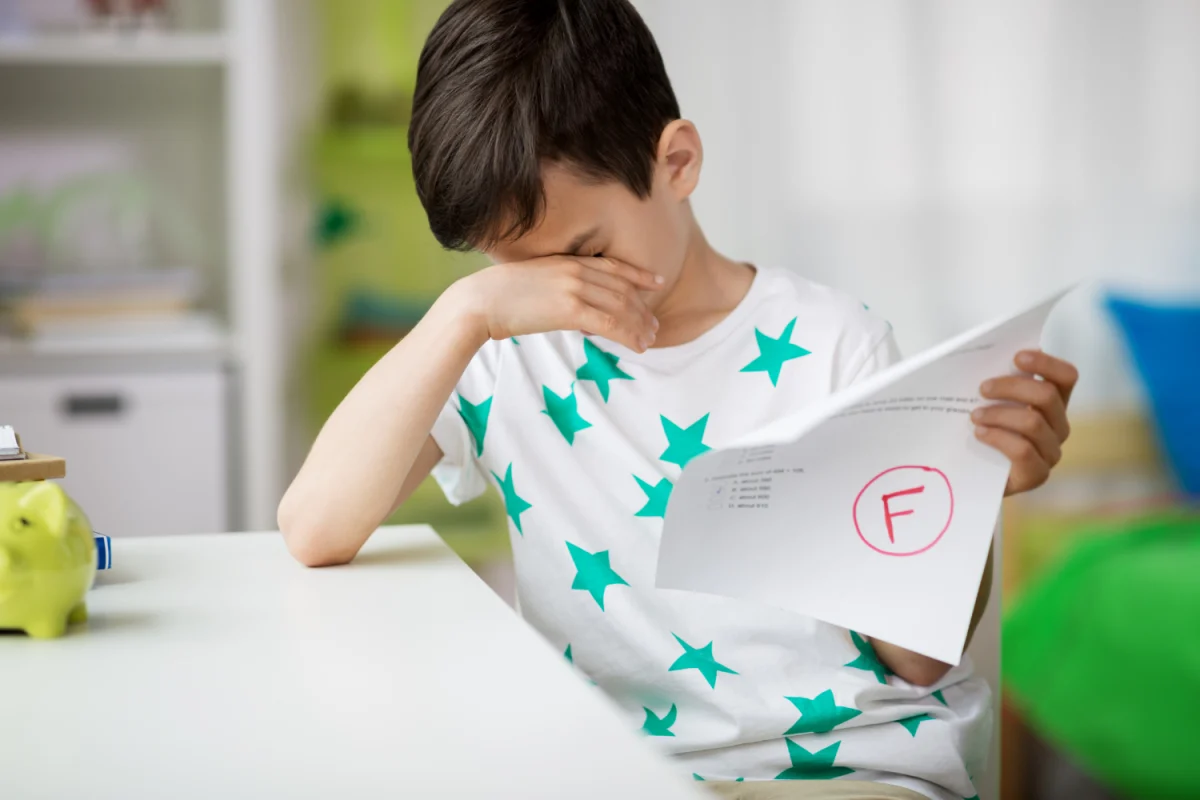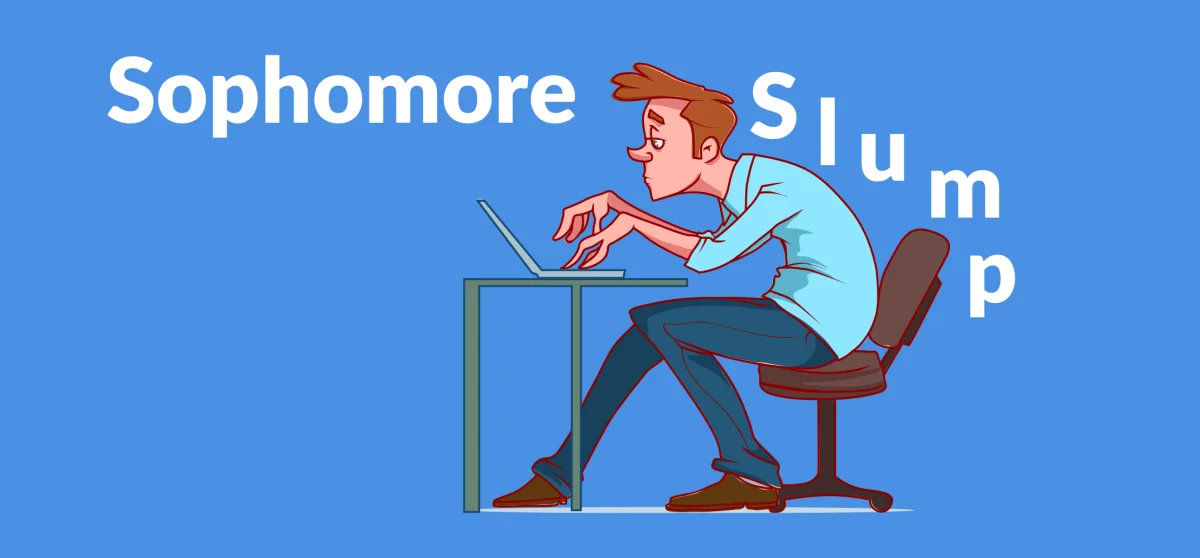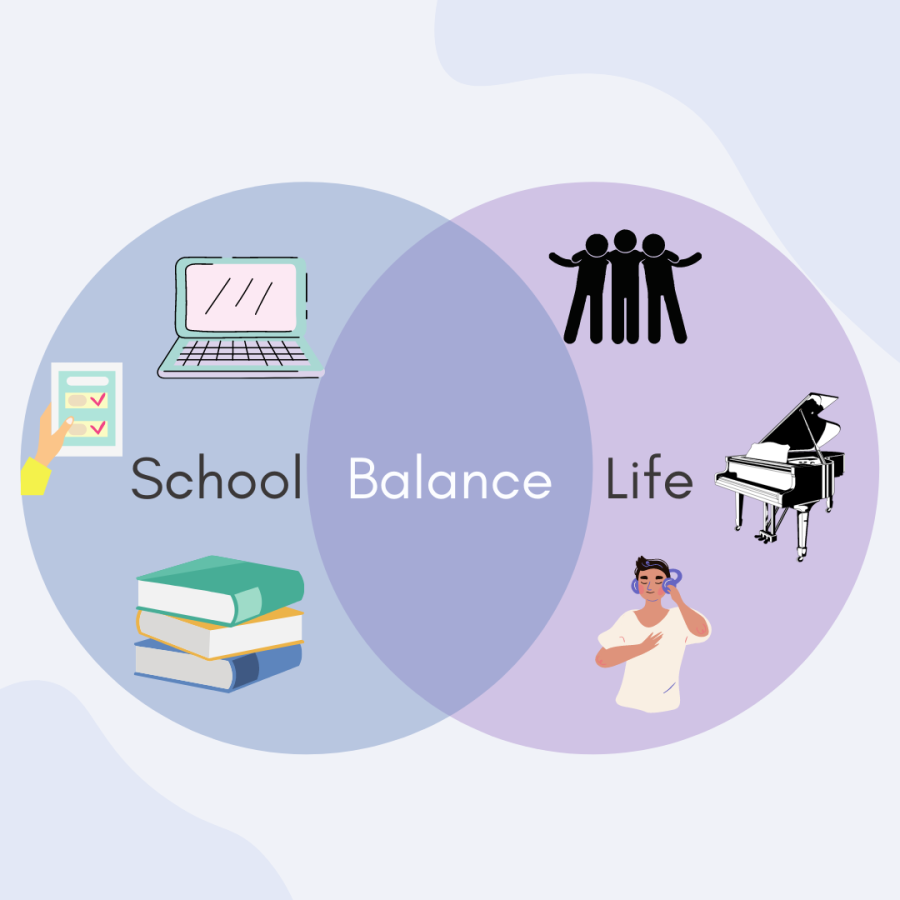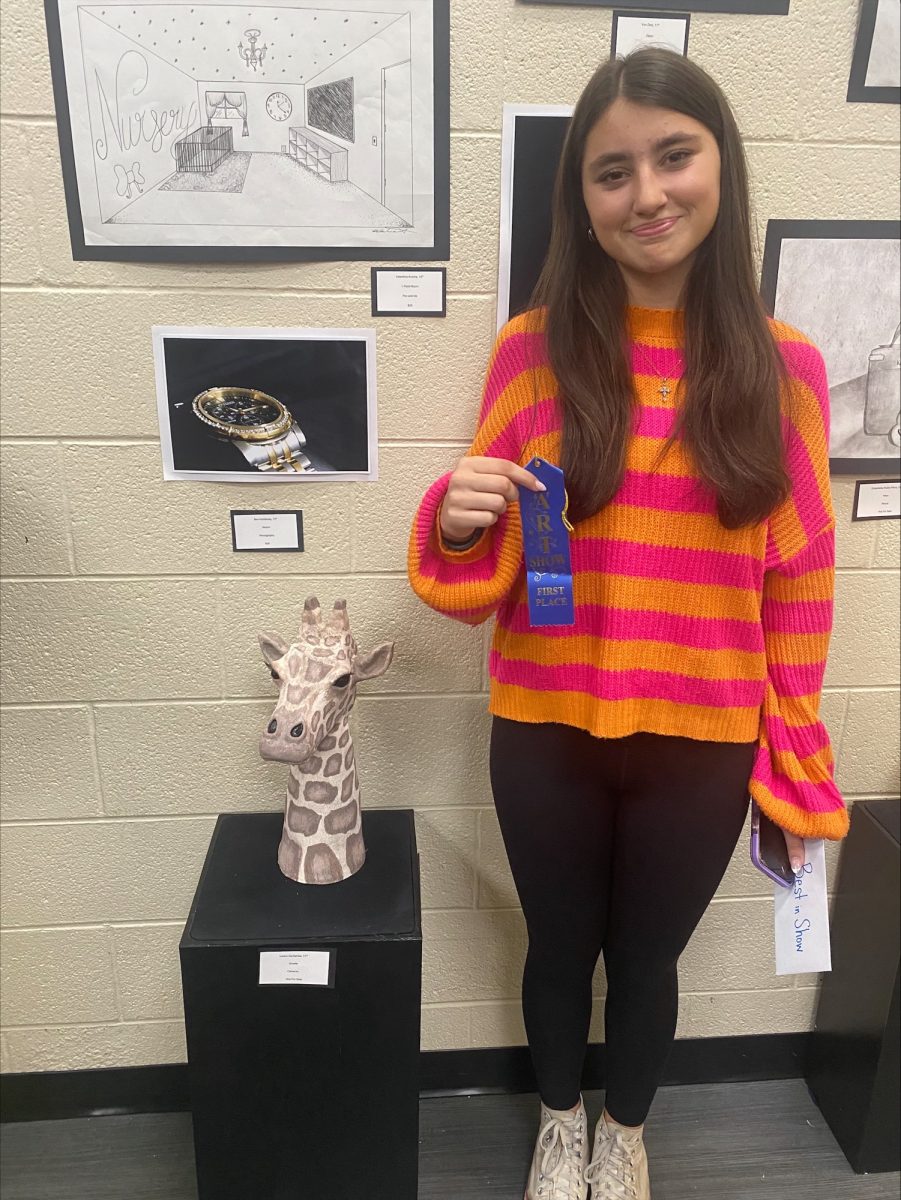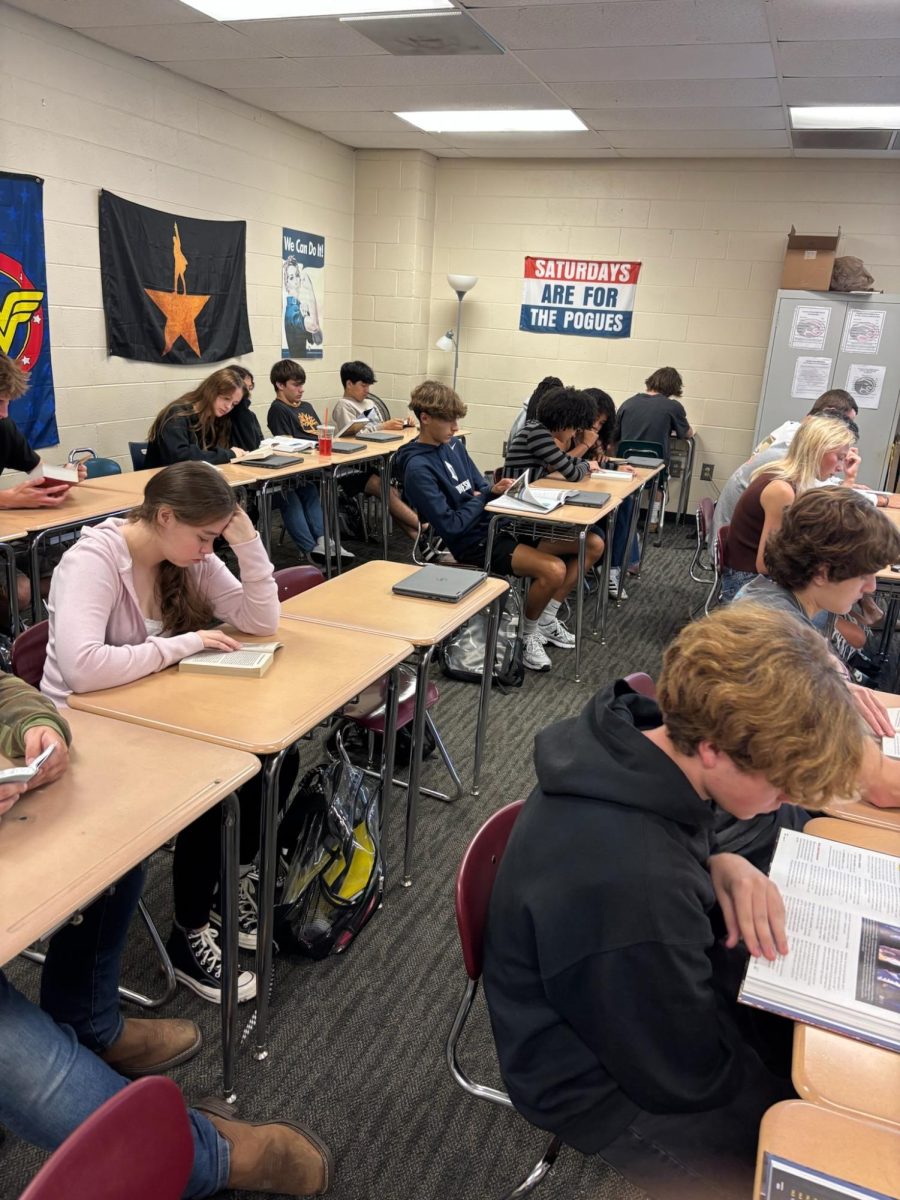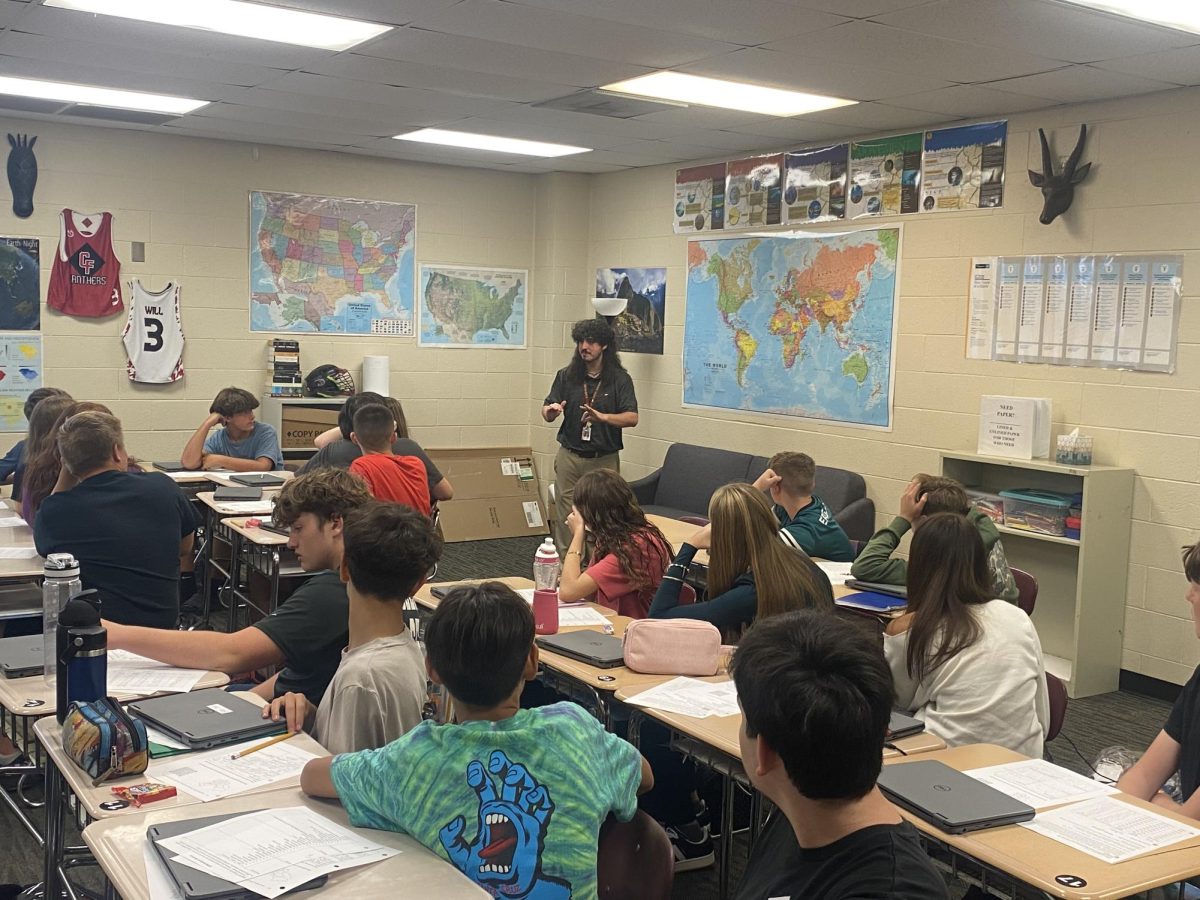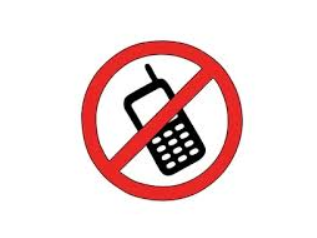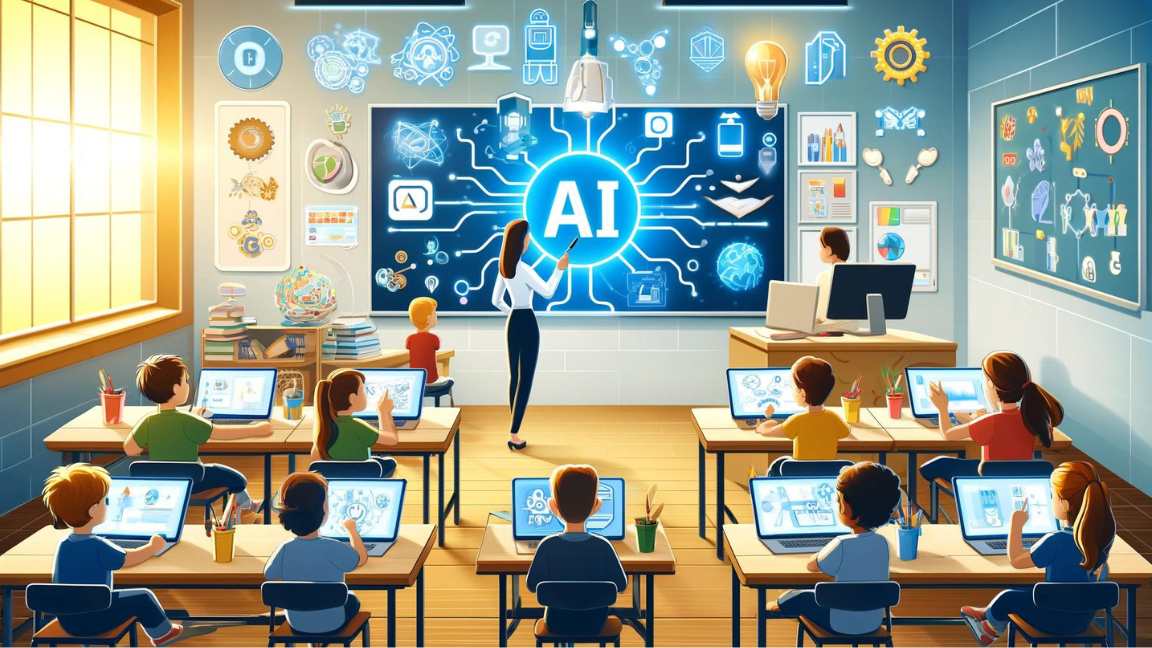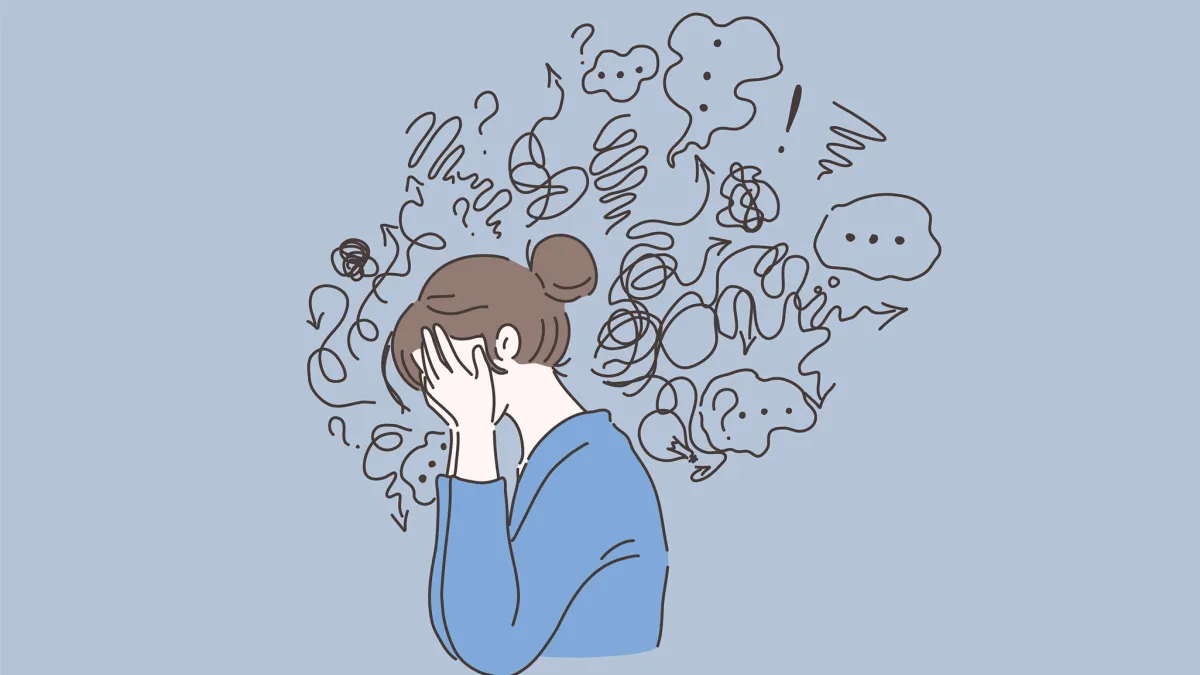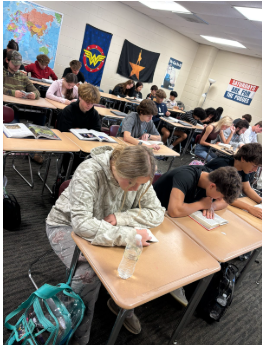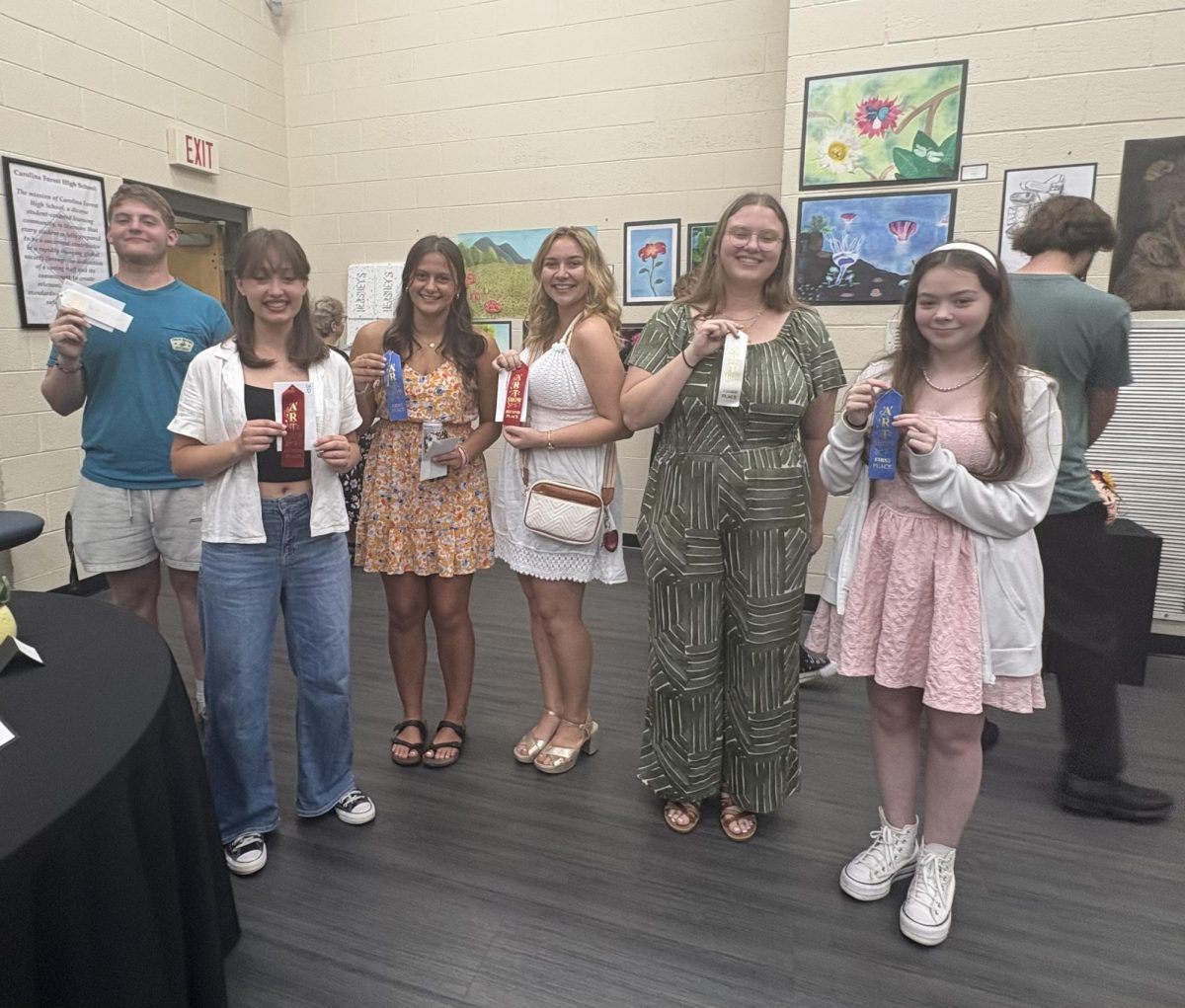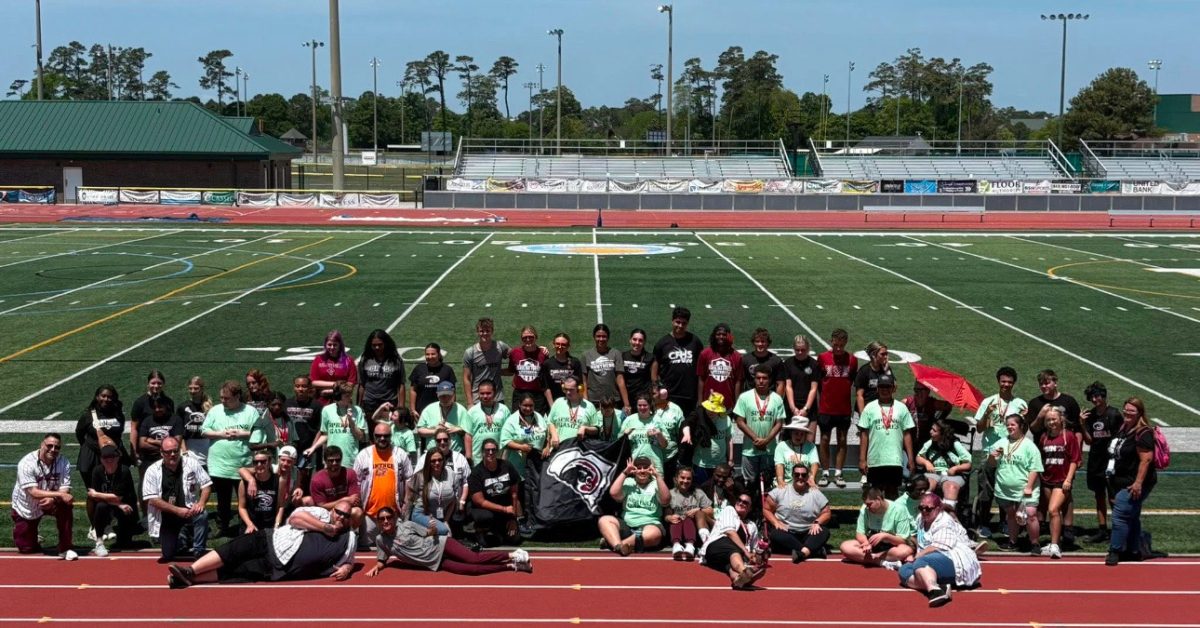In recent years, artificial intelligence (AI) has made big strides in different industries, including education. According to “Elearning Industry,” AI being used in schools has shown good results, improving learning experiences and making administrative tasks easier. However, as AI becomes more common, there are concerns about how it might be misused for cheating. Educators and policymakers are trying to find the right balance between using AI for its benefits and dealing with the challenges it brings.
AI technology has changed classrooms by personalizing education and adapting to each student’s needs. Smart tutoring systems can analyze how well students are doing and give them feedback that fits their learning pace. Additionally, Horry County Schools uses programs such as Lexia and DreamBox in the elementary schools to teach students math and English. Also, our district uses AI in MAP Testing. This personalized approach not only helps students do better in school but also gets them more interested and motivated. AI-powered tools like language translation programs and speech recognition software help students with language barriers or disabilities learn in an inclusive environment.
Colin Quast, a senior at Carolina Forest stated, “I think AI being incorporated into education is a good thing because students are put under a lot of stress and pressure and Ai provides an extra editing resource to help students relieve their stress.”
On the administrative side, AI makes things easier for teachers by freeing up their time. Automated grading systems save time and make sure grading is fair, while AI-driven software helps with making lesson plans and developing the curriculum. By using AI to make administrative tasks smoother, teachers can focus more on giving students a good education and helping them learn.
Even with all these improvements, there are worries about cheating. School districts are concerned that AI might be used to cheat in school, which raises questions about ethics and honesty. With AI getting more advanced, students might try to cheat by using automated essay generators or finding ways to avoid getting caught for plagiarism.
“Some of us [teachers] met this past summer to discuss a book we read entitled, “ AI for Educators.” I’ll admit that before reading the book ,I had a very negative conception of using AI in schools. After reading the book, I realized that it can be a very positive tool for teachers and students if used properly. However, it is frustrating when students use AI to just copy and paste their work. The cheating aspect is very frustrating,” shared Ann Twigg, an English teacher at Carolina Forest High School.
Schools are trying to create strong rules about academic honesty that teach students about the ethical problems with misusing AI and the serious consequences of cheating. Also, there are new tools being made that can detect if content was made by AI and is being used for cheating.
It’s important for teachers, AI developers, and policymakers to work together to make sure that all students have a fair chance. While concerns about cheating are still there, it’s important to see the good things that AI can bring to education.
